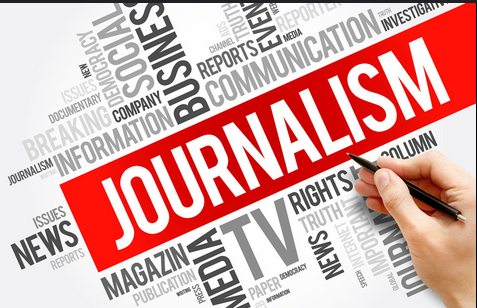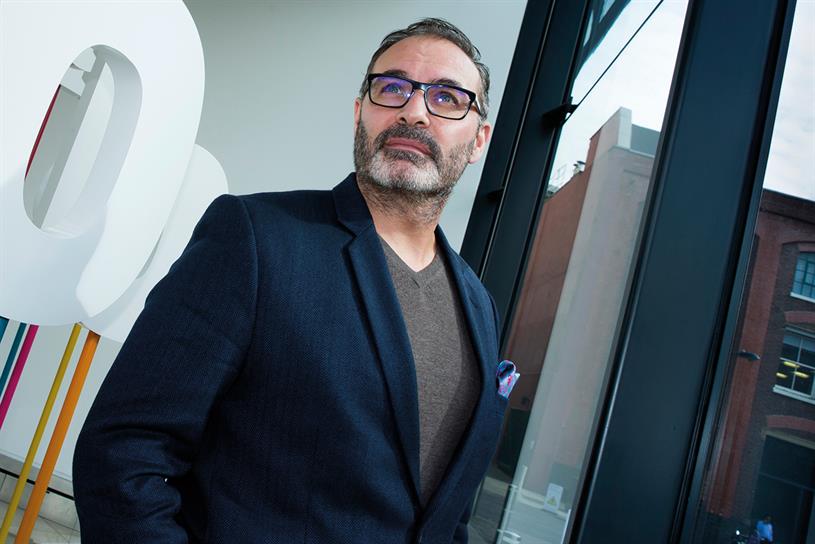Once hailed as the conscience of the nation, Nigerian journalism now stands on fragile ground.
The same profession that once carried the hopes of a people, shaping national debates and holding power to account, now struggles under the weight of economic pressures, political influence, and declining trust.
In newsrooms across the country, the hum of the printing press has given way to the constant ping of breaking news alerts.
Yet, too often, these stories lack the rigor, independence, and moral force that once defined the craft.
For an industry built on truth-telling, the danger now lies not only in censorship from without, but also in erosion from within.
When Headlines Shaped a Nation
There was a time when the mention of a Nigerian newspaper evoked quiet respect.
Headlines were not just stories; they were rallying cries that shaped public opinion and kept governments on their toes.
In the 1970s and 1980s, the front pages of Daily Times or The Guardian could stir a nation’s conscience before breakfast.
Investigative reports such as those on the Ali Must Go student protests or the fuel subsidy scandals of the 1980s did not merely fill columns; they demanded change and often achieved it.
Today, however, the industry that once stood as the fourth estate of the realm wrestles with questions of relevance, trust, and survival.
Industry Leaders Paint a Stark Picture
Sharing their thoughts on the state of the profession, top industry figures painted a stark picture of an industry at a tipping point.
They spoke of a calling in danger of forgetting its purpose, a craft that must rebuild its backbone if it is to stand tall again, reclaiming independence, grooming successors on solid values, and reviving the discipline that once separated the true professional from the pretender.
Lessons from the Past: Integrity Over Convenience
Emeka Izeze, former Managing Director and Editor-in-Chief of The Guardian, recalled how, in the paper’s heyday, editorial meetings focused not only on chasing scoops but also on weighing the public interest against potential risks.
Editors sometimes knew a story might cost advertisers or attract state pressure but ran it anyway because the truth mattered more.
He warned that when newsrooms trade integrity for convenience, they hand over the keys of credibility to the highest bidder.
For him, reclaiming journalism’s lost glory requires investing in mentorship, resisting sensationalism, and protecting editorial independence at all costs.
Rebuilding the Bond with the Audience
Funke Egbemode, Managing Director of New Telegraph, reflected on a time when the newspaper vendor’s call at dawn could change the rhythm of a city. She remembered readers who trusted the printed word enough to act on it, whether to protest, vote differently, or demand accountability.
She noted that this trust has eroded due to sloppy gatekeeping, the flood of unchecked online content, and the blurring of lines between journalism and sponsored messaging.
To her, the way forward is clear: rebuild the bond with the audience by making accuracy, fairness, and depth non-negotiable.
Courage in the Face of Danger
Bayo Onanuga, Special Adviser on Information and Strategy, reminded listeners of the courage it once took to be a journalist in Nigeria.
He spoke of the days at The News magazine, when publishing a story could mean working from hiding, moving printing presses in the dead of night, or smuggling pages past security checkpoints.
Those sacrifices, he said, were made because journalists saw themselves as custodians of public truth, not mere content producers.
He urged today’s generation to rediscover that mission, warning that a press without a moral compass will soon lose its relevance in shaping national discourse.
A Call to Return to Foundational Values
The three agreed that the future of Nigerian journalism hinges on a deliberate return to its foundational values, truth, independence, discipline, and a commitment to public interest.
They called for stronger newsroom cultures that train younger journalists to think critically, dig deeper, and resist the pressure to publish first and verify later.
They also stressed that professional associations must enforce ethical standards to protect the craft from being diluted by untrained practitioners.
As Nigeria’s democracy matures, the role of the press remains as vital as ever. However, to reclaim its lost glory, journalism must remember what made it powerful in the first place not just access to information, but the courage to tell the truth even when it is costly.
Also, the discipline to hold power to account without fear or favour, and the humility to serve the public above all else.
The choice before the profession is stark: continue down the path of dilution and irrelevance, or rise again as the conscience of the nation.






Comment
No comments found.